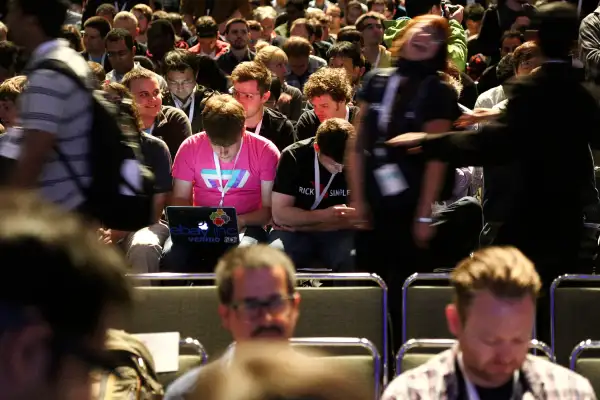Why You Shouldn't Be Satisfied That Internet Speeds Have Tripled

The good news is that America's Internet is faster than ever before: According to a new report from the FCC, download speeds roughly tripled between 2011 and last year, going from an average of 10 megabits per second (Mbps) to an average 31 Mbps. As streaming video, gaming and other demands only increase our appetite for bandwidth, industry providers like Google, AT&T and Comcast are embarking on big projects to deliver speeds of up to 1,000 Mbps, according to Reuters.
The bad news is, well, pretty much everything else. People still complain about their Internet being too slow, and some recent investigations indicate that they might be onto something.
New York's Attorney General's office launched an investigation in the fall into whether or not Verizon, Cablevision and Time Warner are delivering broadband that's as fast as the providers claim it is. Earlier this month, the office asked for the public's help crowdsourcing speed results, saying consumers deserved to get the speeds they were promised. "Too many of us may be paying for one thing, and getting another," Attorney General Eric Schneiderman said in a statement.
If the investigation uncovers anything, it wouldn't be the first time a telecom provider got in trouble over the broadband speeds it promised and delivered customers. Back in June, the FCC fined AT&T $100 million over accusations that the carrier surreptitiously throttled wireless speeds after customers consumed a certain amount of data.
Even when they stay on the right side of the law, Internet providers draw customers' ire over bandwidth speed and cost. Just this week, an investigation conducted by Ars Technica found that media and telecom behemoth Comcast is, far and away, the most hated provider, based on analysis of customer complaints to the FCC. Over a roughly 10-month stretch, Comcast racked up nearly 12,000 customer complaints, many relating to its monthly data cap and overage charges.
Even when taking those impressive-sounding gains in download speed from the FCC into account, the U.S. still trails two dozen other countries, coming in at a middling 25 out of 39, the FCC report said.
Some Americans are getting so frustrated with Internet providers they're just throwing up their hands and giving up. A recent Pew Research Center study found that the number of Americans with high-speed Internet at home today actually fell over the course of two years, and 15% of people now consider themselves to be "cord-cutters."
